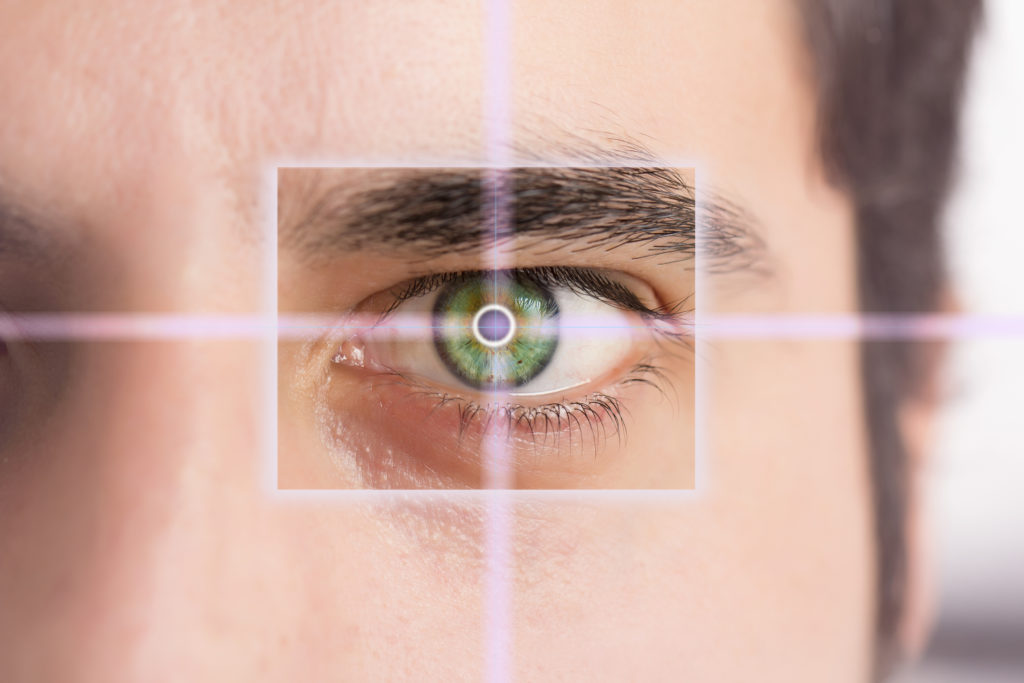LASIK is an incredibly popular and effective option for almost anyone looking to dramatically improve their vision and perhaps do away with eyeglasses or contact lenses. Candidates for LASIK are required to meet a couple of simple criteria, many of which are noted here. The reason for these industry-wide criteria is simple: LASIK is a surgical procedure and only a qualified doctor can perform it. Thus, as with any other surgery or prescription, only a doctor can assess its suitability for a patient, however, these factors will help you to determine your candidacy for LASIK. With a few uncommon exceptions, most patients do qualify for LASIK. Let us look at what your surgeon is going to be looking at to determine eligibility:

Age
LASIK procedures have a minimum age limit of 18 or 21 years of age. Younger patients can be treated with the consent of their parents or a legal guardian, and providing their eyesight has leveled out over time and isn’t still developing. There is no upper age limit for LASIK, however, once a person is in or near their 40s, they may start requiring reading glasses for a condition known as presbyopia, which women are more at risk of after menopause, and which for men typically occurs later in their lives. This condition would need to be factored into the LASIK operation but does not prevent it.
Eye health
If you have an eye condition that would affect how your eyes would respond to the surgery or its recovery period, you would have to wait until that condition is resolved. Some good examples of these eye conditions can include:
- Conjunctivitis
- Severe dry eye syndrome
- Pink eye
- Other active eye injury

The cornea must also have enough thickness, as laser surgery on a thin cornea or one with an irregular surface could compromise the expected results and severely impair vision.
The pupils can’t be too large as this increases the risk of various side effects including halos, glares and starbursts in low light levels.
Your prescription must be within the required limits. If you happen to have a severe refractive error, you can opt for another type of vision correction surgery, as extreme degrees of myopia would need excess extortion of the corneal tissue, ultimately putting a patient at risk of vision complications.
It is crucial for refractive errors to be stable for at least 2 months before undergoing laser surgery. Younger aspirants for LASIK are usually not suitable candidates because their eyes’ prescription isn’t stable. They would need to wait for their vision to develop and stabilize.
Pregnancy
During pregnancy and nursing, LASIK is not usually an option as the hormonal changes in your body can alter the shape of your cornea, thus leading to temporary and unexpected changes in your vision. LASIK surgery wouldn’t be performed until your hormones, as well as your vision, are stable once again.

General health
Your doctor will also assess your general health in determining whether you’d be a suitable candidate. You should also be in good overall health and without particular health issues including diabetes, cardiovascular diseases, or under medication for a condition that can affect immune system response.